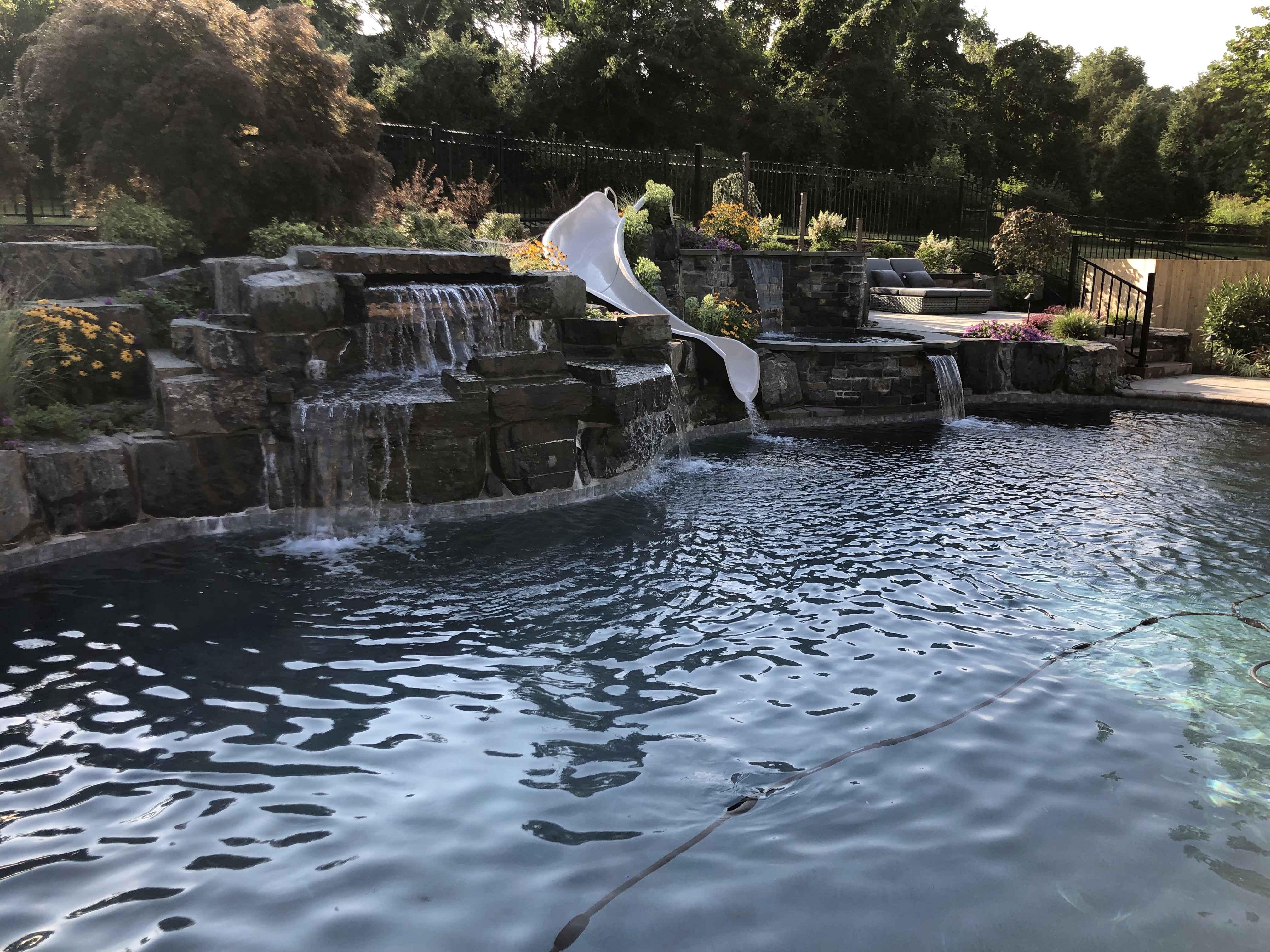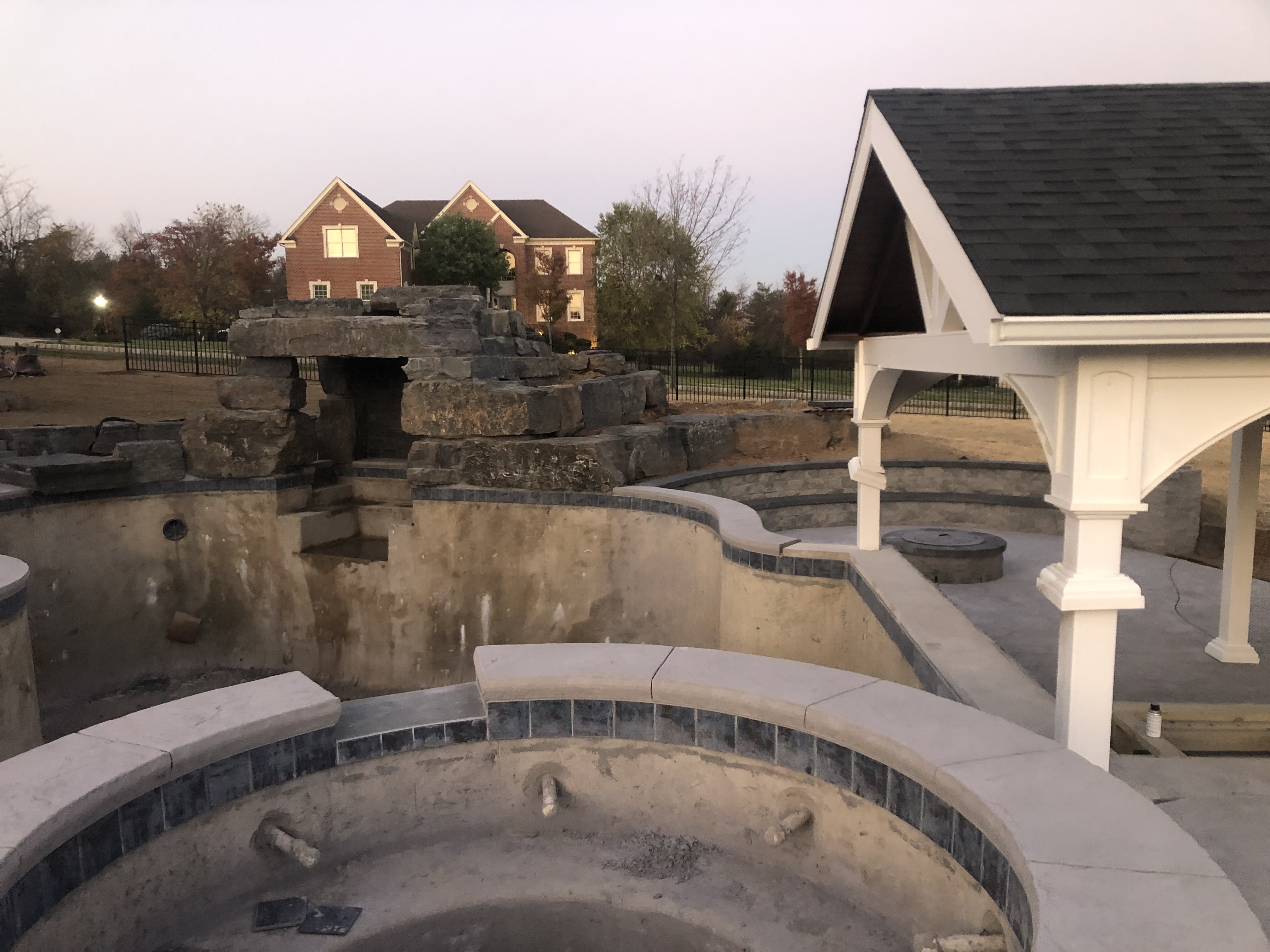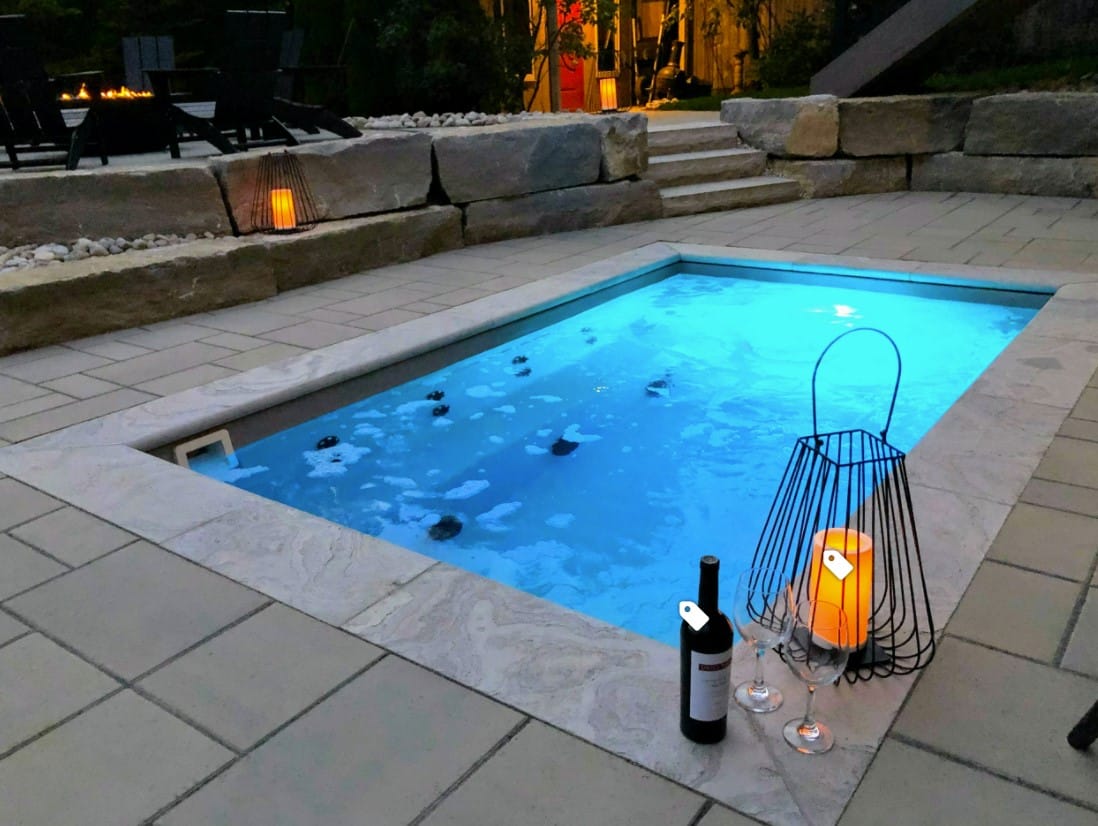Introduction
Imagine lounging poolside on a warm Pennsylvania summer afternoon—your very own swimming pool providing a cool oasis right in your backyard. Sounds dreamy, doesn’t it? Well, making this dream come true doesn’t have to be as overwhelming as it might seem. Whether you’ve been toying with the idea of installing a pool for years or have just started thinking about it, understanding the entire process can make all the difference. In this guide, we’ll take you through everything you need to know about swimming pool installation, from the initial planning stages all the way to taking that first plunge.

Planning Your Swimming Pool Installation
When considering a swimming pool, planning is key. The groundwork done during the planning phase often determines how smoothly the rest of the process goes. Here’s a breakdown of essential steps:
1. Setting a Budget
The cost of a swimming pool can vary widely based on the type, size, and material. On average, installing a basic in-ground pool in Pennsylvania can cost anywhere from $30,000 to $70,000. But factors such as extra features, landscaping, and custom designs can add to that price. Setting a realistic budget helps to shape the overall scope of the project.
Budget Tip: Think of your budget as more than just the cost of installation. Maintenance, seasonal openings/closings, and ongoing cleaning are all part of the costs to consider.
2. Choosing Your Pool Type
There are different types of pools to consider: concrete, fiberglass, and vinyl-lined. Each has its own pros and cons.
Pool Type | Pros | Cons |
Concrete | Highly customizable, durable | Expensive, longer installation time |
Fiberglass | Quick installation, low maintenance | Limited customization, higher cost |
Vinyl-Lined | Budget-friendly, flexible sizes | Less durable, liner replacement |
Concrete pools are ideal if you want custom shapes and designs. Fiberglass pools, on the other hand, offer a faster installation but limit customization, while vinyl-lined pools provide an affordable option, though they require liner replacements.
3. Understanding Regulations
Each state, including Pennsylvania, has specific regulations regarding pool installation. Permits are often required, and zoning regulations can affect the size and placement of your pool. It’s crucial to check with local authorities or consult with a pool contractor who understands state and local guidelines.
4. Selecting a Pool Contractor
Choosing the right contractor can make or break the experience of pool construction. Research local pool installation companies and read reviews. Ideally, choose a contractor with considerable experience in Pennsylvania since they’ll be familiar with local soil, weather conditions, and regulations.

The Pool Construction Process
Once the planning is complete, it’s time to get into the actual construction phase. Here’s what you can expect during the installation process:
Design and Layout
This is where your dream begins to take shape on paper. You’ll work with your contractor to finalize a design that meets your preferences and fits within your budget and available space. It’s also essential to plan the pool surroundings at this stage—think patios, decks, or landscaping.
Excavation
After marking out the pool layout, the construction team will start excavating the ground. This process usually takes a few days, depending on the soil type and weather conditions. Pennsylvania’s climate can sometimes affect the speed of excavation, especially during particularly wet seasons.
Installation of Pool Shell
The next step depends on the type of pool:
- Concrete Pools: The concrete shell is poured and left to cure. This can take several weeks.
- Fiberglass Pools: The pre-made fiberglass shell is lowered into the excavation site.
- Vinyl Pools: A metal or plastic frame is installed, followed by the vinyl liner.
Plumbing and Electrical Work
Installing the plumbing and electrical components is critical. This part ensures your pool has water circulation, filtration, and, in the case of heated pools, temperature control. A licensed electrician will be needed to install these components according to Pennsylvania regulations.
Finishing Touches
Once the shell, plumbing, and electrical systems are in place, it’s time to finish the area around the pool. This includes tiling, decking, and any landscaping. Think about adding lounge areas, fences for safety, and pool lighting to create the perfect environment.
Maintenance and Care for Your New Pool
Water Quality
The key to enjoying your swimming pool is maintaining proper water chemistry. Testing the water weekly for pH levels, chlorine, and alkalinity will keep the water safe for swimming. Investing in a pool testing kit or hiring a maintenance service can ensure your pool stays in excellent condition.
Seasonal Maintenance
Living in Pennsylvania means dealing with a full four-season climate. This requires your pool to be properly winterized each year. During winterization, the pool is drained to a certain level, pipes are cleared, and a cover is placed over the pool to protect it from debris and the elements.

FAQs: Everything You Need to Know About Pool Installation
How long does it take to install a swimming pool?
The timeline can vary. On average:
- Concrete pools: 8-12 weeks
- Fiberglass pools: 3-6 weeks
- Vinyl-liner pools: 4-8 weeks
Weather can be a factor, especially in Pennsylvania, where rain or unexpected frost can delay excavation and construction.
Do I need a permit to install a pool in Pennsylvania?
Yes, you typically need a building permit to install a pool. Regulations can vary by county, so it’s best to consult your local government office or contractor for specifics.
What is the best type of pool for Pennsylvania’s climate?
Fiberglass pools are a popular choice because they resist the freeze-thaw cycles common in Pennsylvania winters. However, a concrete pool is also a durable option if you want something more customizable.
What safety features should I consider?
Pennsylvania law requires safety barriers around swimming pools. This can include a fence at least four feet high, self-latching gates, and possibly even a pool alarm for added safety.
Conclusion
Installing a swimming pool is an exciting project that can provide countless hours of relaxation and fun for you and your family. By planning carefully, selecting the right materials and contractors, and understanding the entire process, you can make your swimming pool installation a smooth and rewarding experience.
If you’re ready to dive into pool ownership, reach out to local pool experts in Pennsylvania who can help guide you every step of the way. Don’t let the dream of a backyard oasis slip away—take the plunge today!
